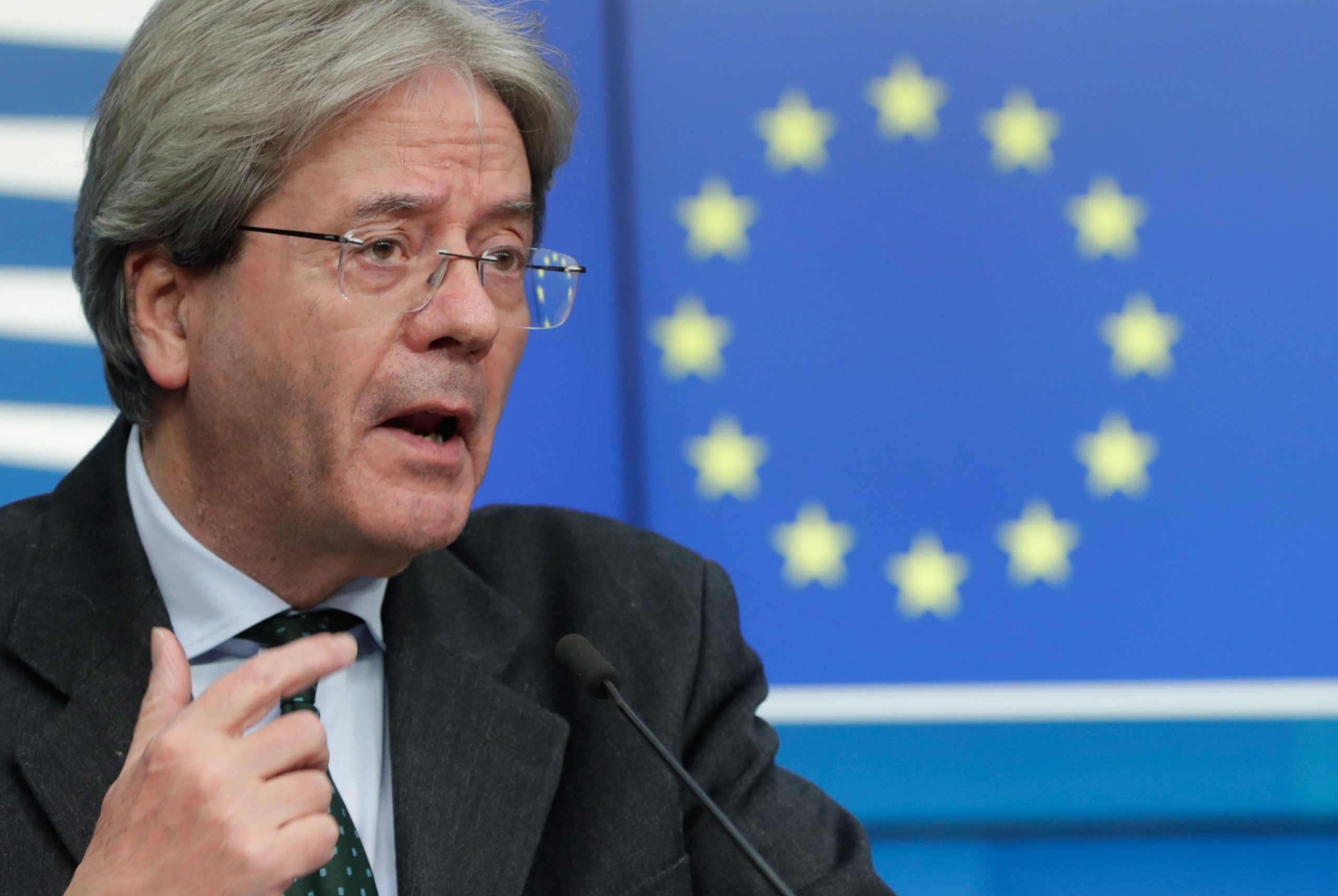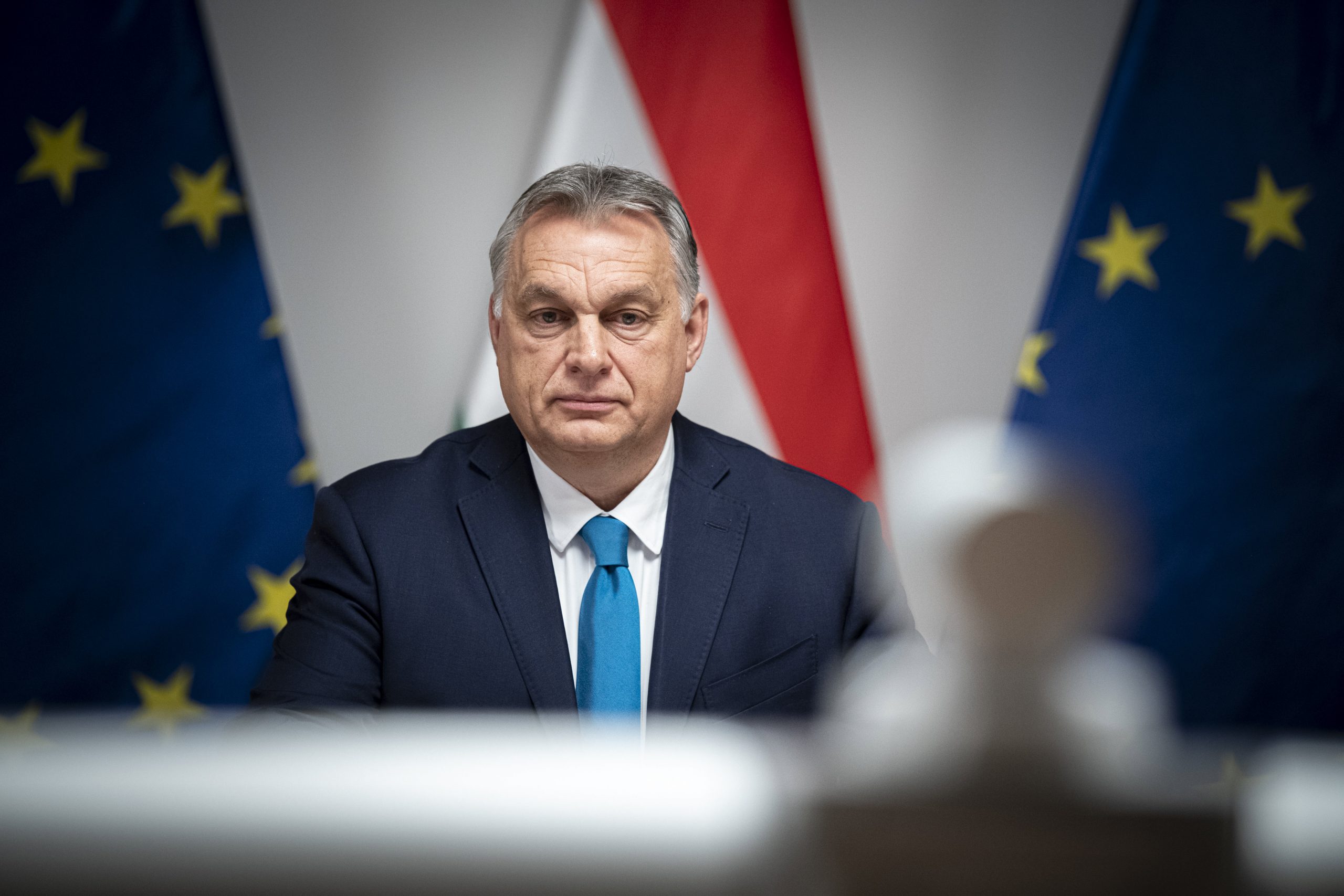
Previously, ministers of the Orbán government and Fidesz MEPs accused the Commission of withholding the funds because they will not let the "LGBTQ lobby" enter schools.Continue reading

Member states of the European Union must not accept a situation in which political decisions are taken by the European Court of Justice, instead of their peoples and governments, Viktor Orbán wrote on Friday in an article published on the prime minister’s website entitled “Samizdat 16”.
“This cause is not simply Poland’s and Hungary’s: it is the common cause of all European citizens and Member States. Wake up, Europe!”, Orbán said.
He said that the court has always been an important part of the EU’s “complex machinery”, adding however that its “ambitions have grown to an unprecedented level”.
The court, Orbán said, has by now “appointed itself as the flagship of the European federalist project”. “This is apparent in statements issued by the President of the Court in relation to the case brought to it by Poland and Hungary, and the related ruling – which is expected on 16 February,” he said.
The court president’s statements will be viewed as important documents in the EU’s history, Orbán said, adding the ruling would reveal “whether political and ideological conditions may be attached to the disbursement of financial resources to which Member States are entitled”.
“The Court President’s statements leave little doubt as to the likely decision, as he has asserted that what the judges in Luxembourg must decide on is not the case before them, but the future of European integration. Elsewhere he has also made it clear that the ruling will form the basis for the next phase of integration,” Orbán said.
The decision the court will take is going to reveal that “it sees a federal Europe as being desirable”.
“This is not a big surprise: when it has seen the machinery of European integration stalling, the Court has always pushed the EU towards federalism; it has purposefully extended its powers and undermined the bulwarks of national sovereignty. These decisions are in reality not legal in nature but political, with the law simply being used as an instrument to enforce a political resolution. The voice may be the voice of Jacob, but the hands are the hands of Esau,” Orbán wrote. He said based on this experience the fundamental question arises: Who are the real masters of the future of European integration?
“For the Court, the closest possible European integration is a goal which takes precedence over all other considerations and values. Its members think that judges and the Court can replace political decision-makers. They think that they can not only administer the law, but also create and develop it. They think that they can force Member States to move to the next stage of integration. They think that they can place Member States under the tutelage of the EU institutions in relation to issues over which the EU has no remit. They think that this can be achieved with budgetary blackmail,” he said.
“We, by contrast, believe that the future of European integration is in the hands of the Member States and the citizens of those Member States. We are the ones who constitute the sources and ultimate custodians of our shared European values. We think that it is for the Member States and their citizens alone to decide how they want to cooperate, and what powers they wish to exercise jointly. We think that the Court cannot deprive us of our fundamental rights. We think that the Court cannot create new EU powers out of thin air,” Orbán said.
The prime minister said Hungary is “in a disadvantageous position” in this fight.
“EU law does not provide us with instruments that we can use against the political decisions of the Court, and against the extension of powers by stealth. Therefore Member States must take collective action to defend their rights,” he said.
Featured photo illustration by Vivien Cher Benko/MTI/Prime Minister’s Press Office